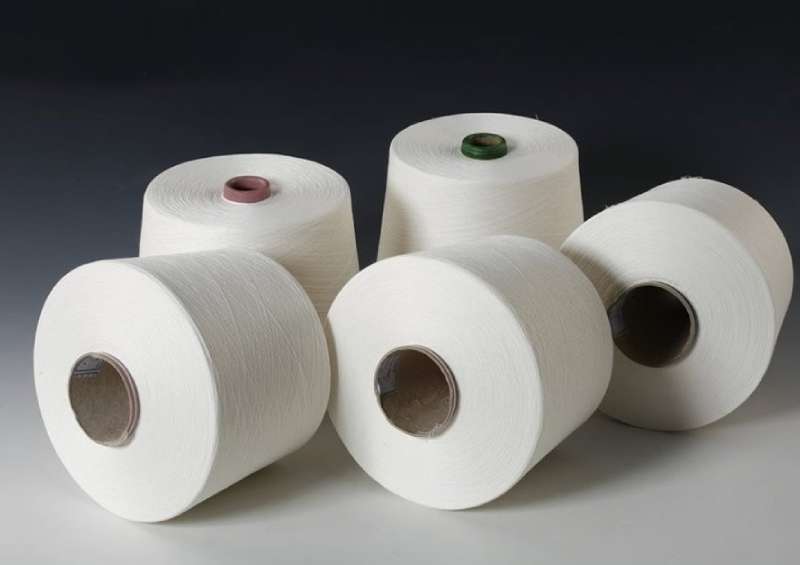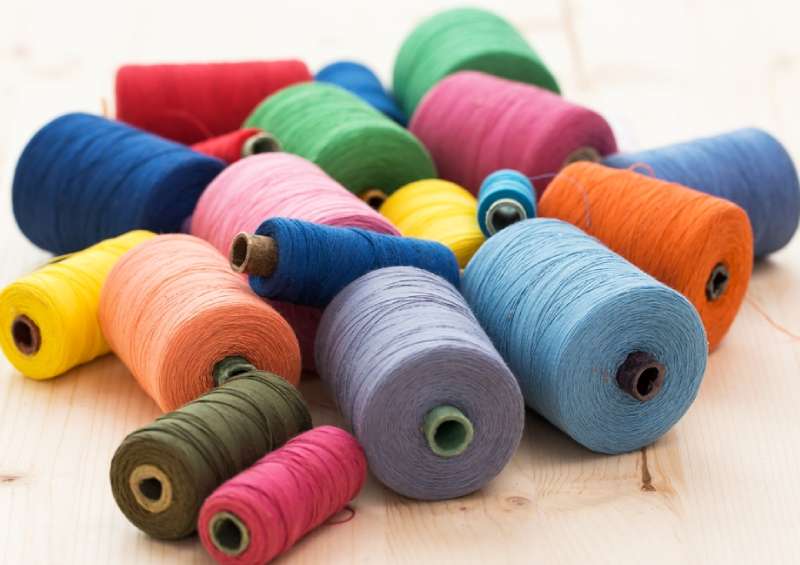Polyester is the most ubiquitous fiber in textiles, serving as a staple in everything from couture to fast fashion, sportswear to high-tech garments, and bedding to home furnishings. Its unique properties make it suitable both as a standalone fiber and in blends with natural or other fibers.
The Indian Chamber of Commerce (ICC) has announced Ajay Sardana as the Chairman of the ICC National Expert Committee on Petrochemical Initiatives. With an extensive career spanning over three decades in the industry, Sardana brings a wealth of experience and expertise to this pivotal role. He is currently serving as the President & Head of […]
Chemistry researchers at the University of Copenhagen have been able to make a major breakthrough in textile recycling by finding a simple and effective method to separate polyester and cotton from blended fabrics. Fibres of cotton-polyester blends although popular fabrics, are virtually impossible to separate, making recycling difficult. This innovation could have a
The government of India has announced extension of implementation of Quality Control Order (QCO) on 100 percent polyester spun grey and white yarn till October 5, 2023. Earlier, the deadline was extended till June 30, 2023, but the government did not issue any notification to extend it further, due to which it became effective from […]
The Federation of Indian Art Silk Weaving Industry (FIASWI) has demanded removal of implementation of Quality Control Orders (QCO) for Bureau of Indian Standard (BIS) certification on various polyester yarns. “FIASWI in a letter addressed to Rachna Shah, the Textile Secretary and JK Gupta, Head Specifications (Textiles) at BIS, has highlighted the need to rectify […]
Vaude, a European environmentally friendly outdoor garment brand will introduce a fleece jacket made from wood-based polyester supplied by UPM Biochemicals. Finland based UPM Biochemicals, is a supplier of sustainable wood-based biochemicals for replacing fossil-based raw materials. According to UPM, the resin used to make polyester contains 30 percent monoethylene glycol

















